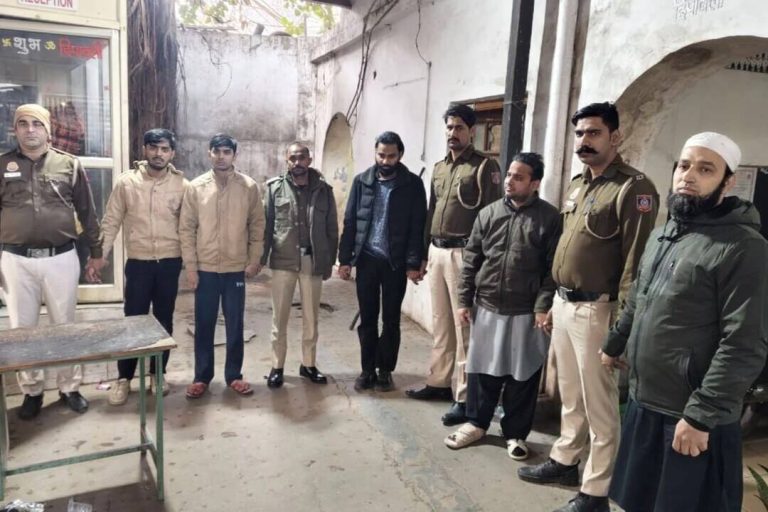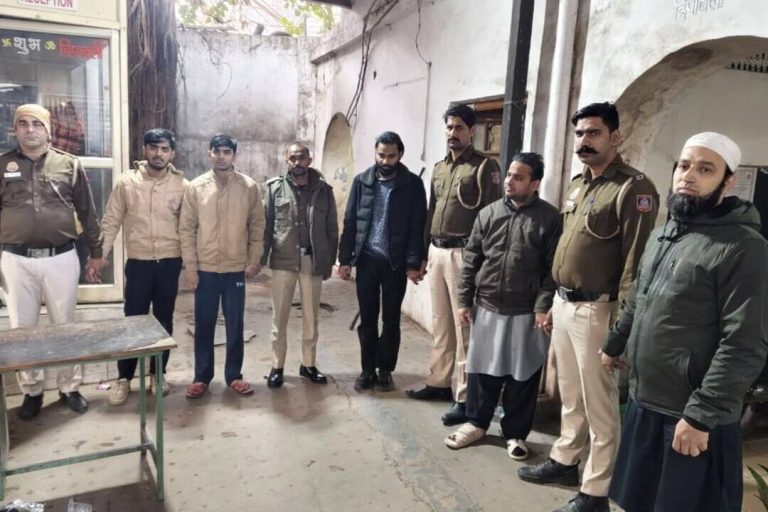
Stand & greet MLAs & MPs and listen to what they say: Maharashtra govt to employees
In a recent directive, the Maharashtra government has issued guidelines to its employees, instructing them to “stand and greet” Members of Legislative Assembly (MLAs) and Members of Parliament (MPs) when they visit government or semi-government offices. The guidelines also emphasize the importance of using respectful, polite, and courteous language when interacting with these elected representatives, both in person and over the phone.
The move is seen as an attempt to promote a culture of respect and courtesy towards elected representatives, who are essentially the people’s representatives. By instructing employees to stand and greet MLAs and MPs, the government aims to ensure that these representatives are treated with the dignity and respect they deserve.
The guidelines are quite specific, stating that employees should rise from their seats and greet MLAs and MPs with a smile when they arrive or leave government or semi-government offices. This, according to the government, is essential to create a positive and welcoming atmosphere, which is conducive to constructive dialogue and exchange of ideas.
In addition to the physical gesture of standing and greeting, the guidelines also stress the importance of active listening. Employees have been asked to listen carefully to what MPs or MLAs have to say, and respond in a respectful and polite manner. This, the government believes, will help to build trust and foster a sense of collaboration between the government and the elected representatives.
The guidelines also extend to phone conversations, where employees have been instructed to use respectful, polite, and courteous language when speaking with MLAs and MPs. This, according to the government, is essential to create a positive impression and ensure that the conversation is productive and meaningful.
The move has been welcomed by many, who see it as a long-overdue attempt to promote a culture of respect and courtesy in government offices. By instructing employees to treat MLAs and MPs with dignity and respect, the government is sending a strong signal that it values the role of these elected representatives in the democratic process.
However, some have raised questions about the practicality of the guidelines, particularly in situations where employees may be busy or preoccupied with other tasks. Others have expressed concerns that the guidelines may be seen as an attempt to create a culture of sycophancy, where employees are forced to fawn over MLAs and MPs rather than engaging in constructive dialogue.
Despite these concerns, the guidelines are likely to have a positive impact on the way government offices interact with elected representatives. By promoting a culture of respect and courtesy, the government can help to build trust and foster a sense of collaboration, which is essential for effective governance.
In conclusion, the Maharashtra government’s decision to instruct employees to “stand and greet” MLAs and MPs is a welcome move that promotes a culture of respect and courtesy in government offices. By emphasizing the importance of active listening and respectful language, the government is sending a strong signal that it values the role of these elected representatives in the democratic process.
As the government continues to implement these guidelines, it will be interesting to see how they are received by employees and elected representatives alike. One thing is certain, however: by promoting a culture of respect and courtesy, the government can help to build trust and foster a sense of collaboration, which is essential for effective governance.






